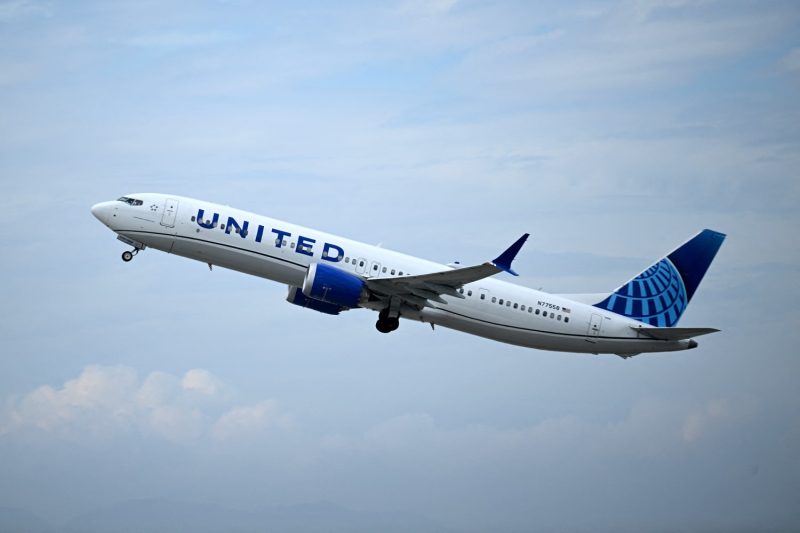In a recent turn of events within the aviation industry, United Airlines has made the decision to halt its pilot hiring process, attributing this decision to the ongoing delivery delays faced by Boeing. The decision was revealed in a memo sent to pilots by Bryan Quigley, United’s senior vice president of flight operations. This move comes amidst the backdrop of Boeing’s struggles with production delays and quality concerns, particularly concerning its 737 MAX aircraft.
Boeing, a prominent aircraft manufacturer, has faced significant setbacks in recent years, with the global grounding of its 737 MAX aircraft following two fatal crashes serving as a major blow to its reputation and financial standing. The subsequent delays in the delivery of new planes have had a ripple effect across various airlines, disrupting their operational plans and growth strategies.
United Airlines’ decision to pause pilot hiring underscores the intricate interplay between aircraft manufacturers and airlines in the aviation ecosystem. The smooth functioning and expansion of an airline’s fleet are reliant on timely deliveries of new aircraft, which in turn determine the company’s ability to meet rising demand and stay competitive in the market.
The grounding of the 737 MAX and subsequent production delays have not only affected Boeing’s bottom line but have also strained its relationships with key airline customers who have been eagerly awaiting new planes to bolster their fleets. United’s decision reflects the pragmatic approach that airlines must adopt when faced with disruptions in the supply chain, as they seek to minimize the potential impact on their operations and financial performance.
The decision to suspend pilot hiring is not a step taken lightly by United Airlines, as the recruitment and training of pilots are crucial aspects of ensuring operational efficiency and maintaining high safety standards. However, in light of the uncertainty surrounding Boeing’s delivery schedule, the airline has chosen to prioritize existing resources and focus on optimizing the utilization of its current fleet.
It is essential for Boeing to address its production challenges promptly and effectively to restore confidence among its airline customers and regain momentum in the market. Timely deliveries of new aircraft are vital not only for the operators but also for the manufacturers themselves, as delays can have far-reaching consequences on the entire industry ecosystem.
As the aviation industry navigates through these challenging times, collaboration and communication between airlines and manufacturers will be key to overcoming shared hurdles and fostering a more resilient and sustainable aviation sector. United Airlines’ decision to pause pilot hiring serves as a reminder of the delicate balance that exists between supply and demand in the aviation industry and the need for proactive measures to mitigate disruptions and ensure operational continuity.
